San José, Costa Rica Feb 18, (V7N) - Costa Rica announced on Monday that it will accept migrants deported by the United States, becoming the third Central American country to collaborate with the US on repatriation efforts under President Donald Trump’s administration. The move follows similar agreements with Panama and Guatemala, as the US intensifies its crackdown on undocumented immigration.
Costa Rica’s government stated that it will assist in the repatriation of 200 migrants originating from Central Asia and India. The first group of deportees is expected to arrive in Costa Rica on Wednesday via a commercial flight. Upon arrival, they will be transported to a Temporary Migrant Care Center near the border with Panama.
The Costa Rican president’s office emphasized that the process will be fully financed by the US government and overseen by the International Organization for Migration (IOM).
Costa Rica’s decision aligns with recent agreements made by Panama and Guatemala during US Secretary of State Marco Rubio’s recent tour of Latin America. Panama received its first repatriation flight last week, carrying 119 migrants from countries such as China, Pakistan, and Afghanistan. Guatemala has yet to receive any deportees under the new arrangement.
Latin America is home to the majority of the estimated 11 million undocumented migrants living in the United States. Many of these individuals undertook perilous journeys, facing extreme dangers such as treacherous terrain, wild animals, and criminal gangs, in pursuit of better opportunities.
President Donald Trump, who took office on January 20, 2025, has maintained a hardline stance on immigration, a central theme of his election campaign. During his campaign, he described some undocumented migrants as "monsters" and "animals," pledging to deport millions if elected.
On his first day in office, Trump declared a national emergency at the US-Mexico border and vowed to deport "millions and millions" of undocumented migrants. His administration has since sought cooperation from Latin American countries to facilitate the repatriation process.
The agreements with Costa Rica, Panama, and Guatemala have raised concerns among human rights advocates, who warn that deportees may face challenges reintegrating into their home countries or may be at risk of persecution. The involvement of the IOM aims to ensure that the process is conducted humanely and in accordance with international standards.
As the US continues to ramp up its deportation efforts, the role of Central American countries in the repatriation process is likely to expand. Costa Rica’s decision to collaborate with the US reflects the complex dynamics of migration in the region and the pressures faced by nations navigating their relationships with Washington.
The situation underscores the ongoing challenges of addressing migration in a way that balances security concerns with humanitarian obligations, as millions of people continue to seek safety and opportunity across borders.
END/WD/RH/



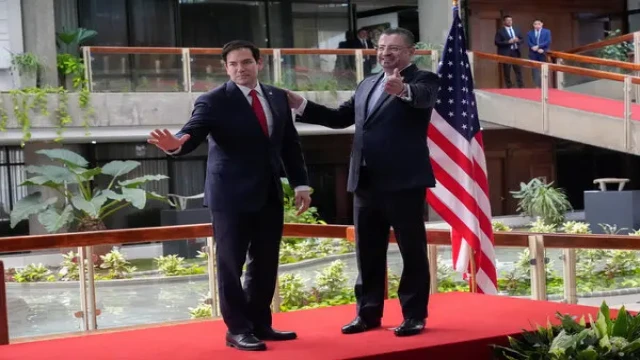

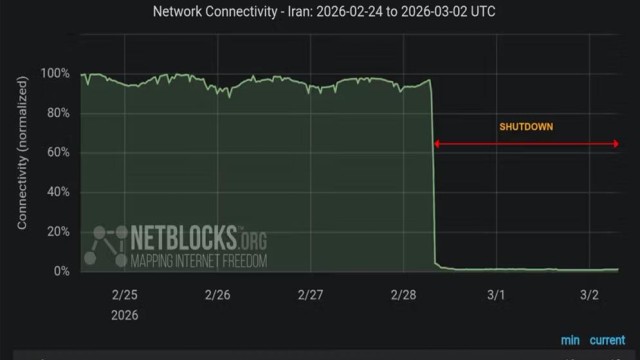



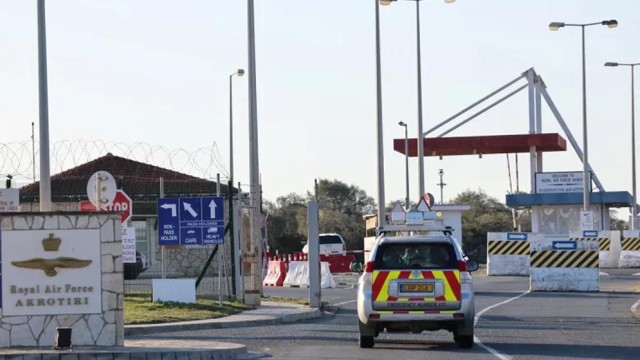
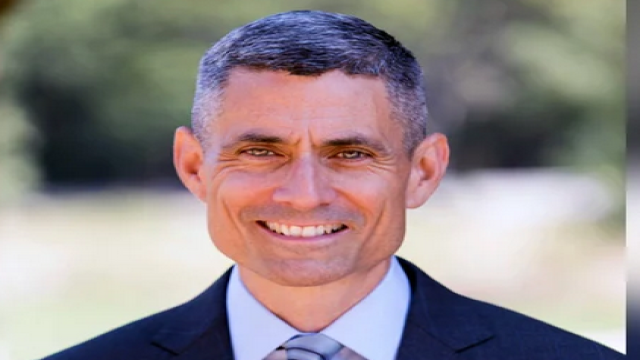
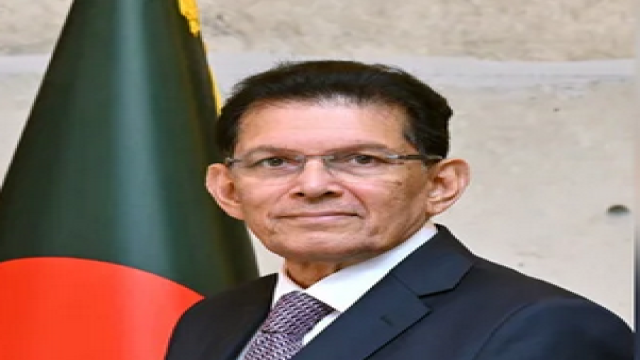



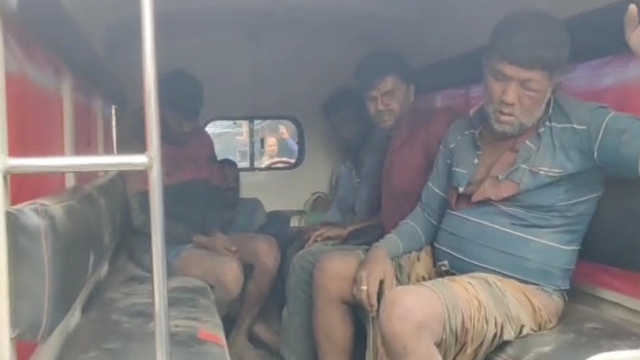















Comment: